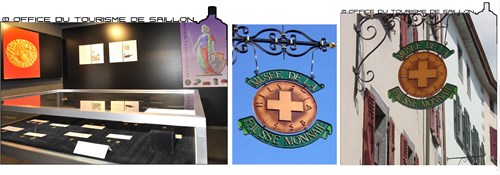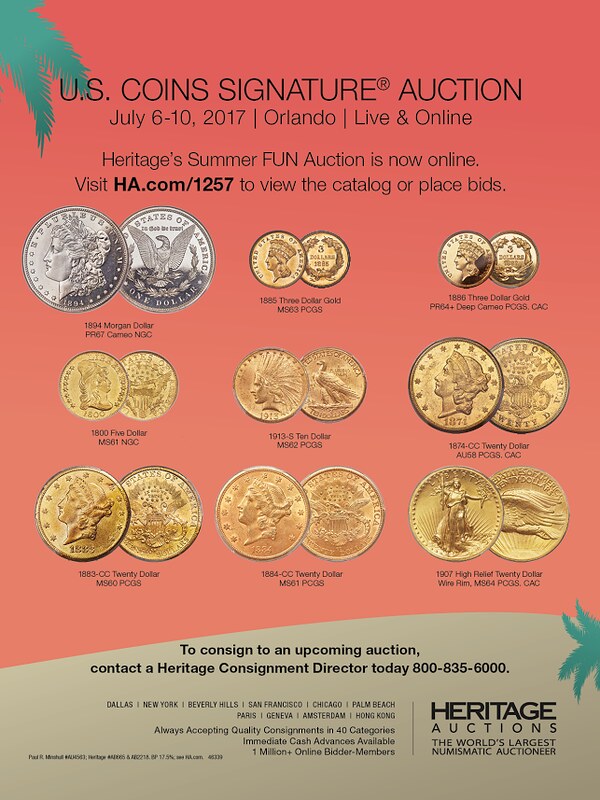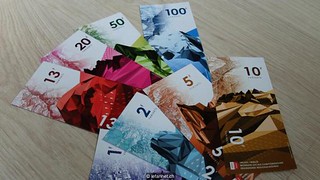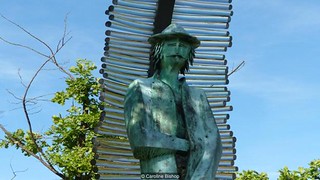
PREV ARTICLE
NEXT ARTICLE
FULL ISSUE
PREV FULL ISSUE
LOCAL CURRENCY NAMED FOR COUNTERFEITER FARINET
David Sundman also sent this great piece about a local currency named for a famous local counterfeiter. Thanks!
-Editor
It's a local initiative, backed by local people, that aims to boost the local economy, so it is apt that it's been given a name with such local meaning: Farinet. The name Farinet is common in Valais towns: it's a restaurant in Crans-Montana, a pub in Champéry, and an après-ski bar in Verbier where skiers dance on tables in their thermals. Tourists may not realise its significance, but locals know that all those popular nightspots are so called because their namesake, Joseph-Samuel Farinet, probably would have enjoyed dancing on tables himself. A roguish charmer, a lover of wine and women and an escaped convict, Farinet was a 19th-Century counterfeiter and a legend in these parts, even if the myth that now surrounds him is more colourful than the reality.
In 1880, at the age of 35, Farinet was finally cornered by police in a gorge above the medieval Valais village of Saillon where he fell, jumped or was possibly killed – a mysterious death that only added to the intrigue of his life. “In Valais everyone knows this story,” said David Crettenand, a member of the committee that established the Farinet currency. Crettenand admits that naming the new currency after a notorious counterfeiter could create ambiguity, with some people asking if it's fake, but that doesn't bother him. He feels it's more important that the name embodies the aims of the currency: to be rooted in the region, to foster networks between local people and to boost the local economy.

Museum of Counterfeit Money The legend is paraded in the village's Museum of Counterfeit Money, which displays a copy of a court judgement convicting the famous forger, and one of his fake coins. It also explains how the man became a myth through a 1932 novel, Farinet ou la Fausse Monnaie, by Swiss writer Charles-Ferdinand Ramuz, and a 1938 film Farinet ou l'Or dans la Montagne, which romanticised the story, painting Farinet as a freedom-loving hero of the people. In 1980, Farinet's generous reputation inspired a group of fans calling themselves the ‘Friends of Farinet' – among them French actor Jean-Louis Barrault, who played the counterfeiter in the film – to plant a tiny vineyard above Saillon in Farinet's name. With only three vines, it's registered as the smallest in the world. But what it lacks in size it makes up for in charitable spirit. The vineyard was bequeathed to the Dalai Lama in 2000, and the proceeds from its modest sales go towards helping disadvantaged children. Meanwhile the vineyard itself has become a sort of pilgrimage site for the free spirited, a place dedicated to freedom, love, peace and living the good life, values Farinet has come to embody.
I'd never heard of the counterfeiter Farinet, but it's a great story. Has anyone seen or heard of one of his counterfeit coins outside of this article and the town's Museum of Counterfeit Money?
-Editor
To read the complete article, see:

Wayne Homren, Editor The Numismatic Bibliomania Society is a non-profit organization promoting numismatic literature. See our web site at coinbooks.org. To submit items for publication in The E-Sylum, write to the Editor at this address: whomren@gmail.com To subscribe go to: https://my.binhost.com/lists/listinfo/esylum All Rights Reserved. NBS Home Page Contact the NBS webmaster 
|

